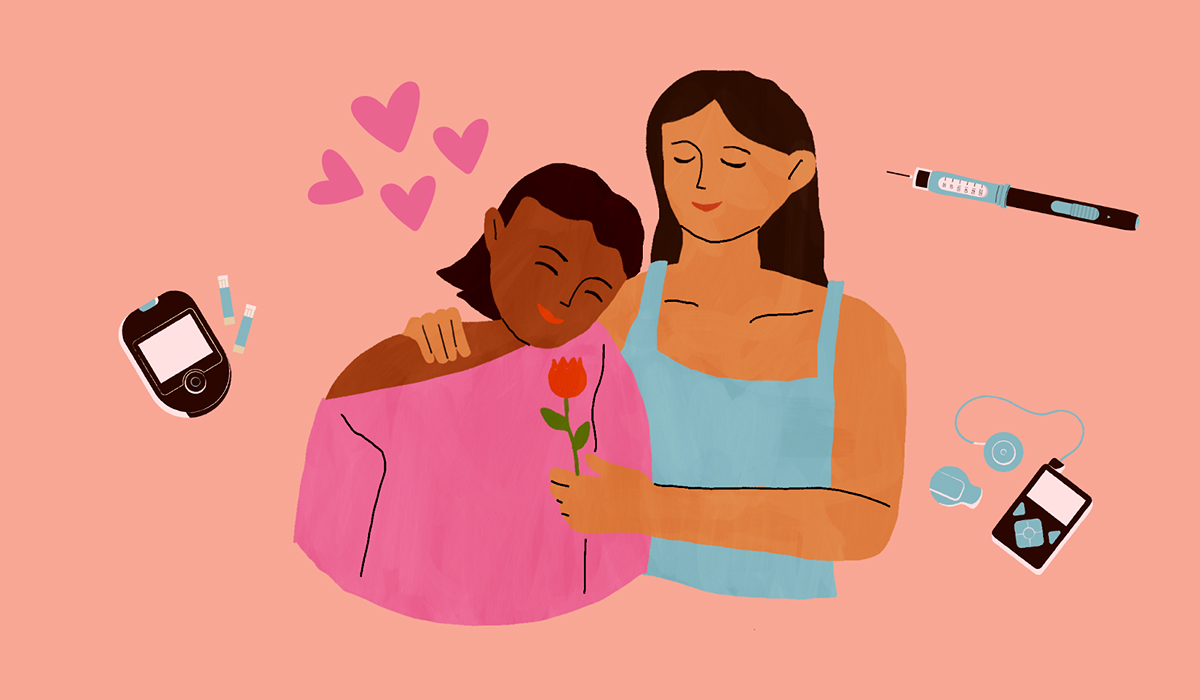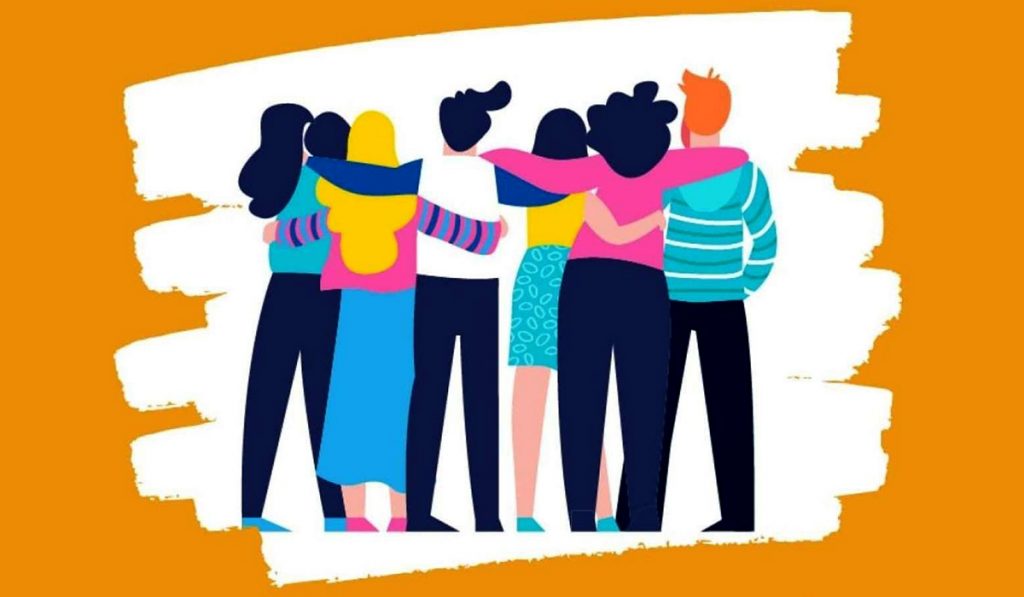
4 Pro Tips to Build Healthy Relationships with Diabetes
It can be hard to live with a chronic disease, whether it’s you or a loved one who is dealing with it.
Read on to learn some tips on how to successfully support those you love, and how to accept the help that’s offered.
The Importance of Open Communication
Open communication is when all parties involved are able to share and receive their thoughts without any repercussions. This is especially important when you are talking with someone you are close with, whether it is a loved one or someone just within your support system. Oftentimes when someone you love has diabetes, you want to try to help them in any way you can. Sometimes this can be overbearing for the person involved, and they can become frustrated and defensive in certain situations. Open communication is essential to maintaining these healthy relationships.
? PRO TIP 2: In some situations, it’s best to have a third party be a large part of their diabetes management.
If you’re a parent and are helping your pre-teen or teenage kid manage their diabetes, they may have a hard time listening to you. Your child may get annoyed with hearing their parents, or someone they are close to, also try to manage their diabetes even if you are just trying to help.
This is possible for all types of relationships, not just a parent and their child. Think about friends, or adult children caring for their parents. Having a good relationship with your provider can be good for those who have a difficult time receiving help and critiques from those they love. This is someone they know solely to help manage their health, and they may have an easier time taking their suggestions.
Navigating New Relationships
Some people with diabetes are very open about their disease and some prefer to keep it private. Either way, it’s important to tell those you trust about your diabetes. You need people in your life who can help you in times of stress, emergency situations, or just when you need someone to talk to. Relationships don’t just mean your significant other. This means coworkers, friends, neighbors, family, and anyone else you trust and would want to be a part of your support system.

Tips to Strengthen Your Relationships
If you have diabetes and are struggling with people who always try to help you manage your disease, try setting some new boundaries. Tell them that you appreciate what they are trying to do, but you would like help in other ways. Give some ideas of things they can do to make your life easier, even if it’s just giving you some space and being there when you need them. If you want to help someone with diabetes, ask them what you can do to help instead of taking the initiative and assuming.
Summary Diabetes is a chronic disease that no one should have to manage on their own. While this is true, it can also be hard to accept help from those you love. Constant reminders of their blood sugars, and what they can and cannot eat can be draining and can lead to tension in your relationships.
Its important to set boundaries, have open communication regarding where you need help, and to remember that everyone in your support system is there because they love you.






